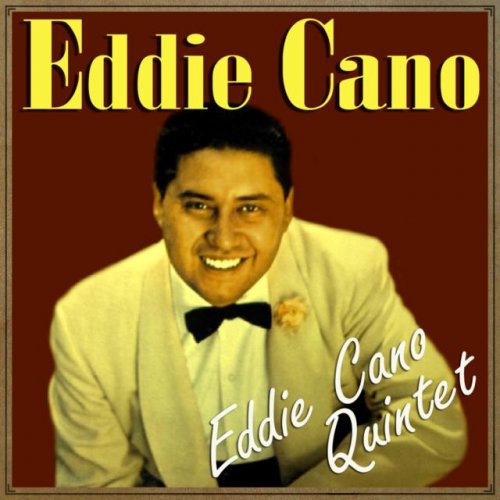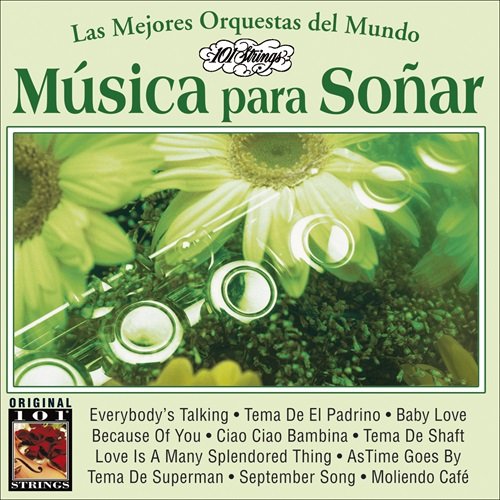Teiji Ito - The Shamanic Principles (2008)
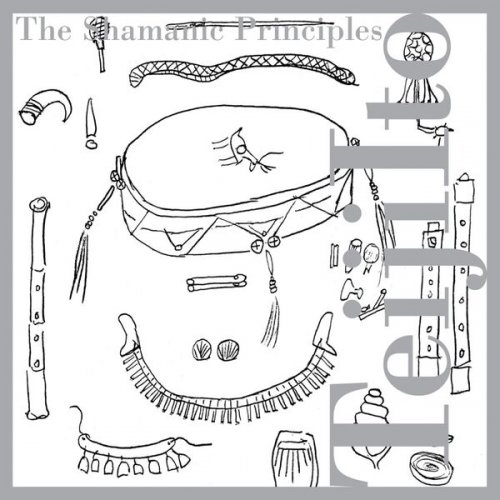
Artist: Teiji Ito
Title: The Shamanic Principles
Year Of Release: 2008
Label: Tzadik
Genre: Jazz, World
Quality: FLAC (tracks)
Total Time: 1:02:58
Total Size: 296 MB
WebSite: Album Preview
Tracklist:Title: The Shamanic Principles
Year Of Release: 2008
Label: Tzadik
Genre: Jazz, World
Quality: FLAC (tracks)
Total Time: 1:02:58
Total Size: 296 MB
WebSite: Album Preview
1. Axis Mundi (32:49)
2. Quetzalcoatl - I - Opening Chant/gemstones (05:24)
3. Quetzalcoatl - II - Toltec Flute Medley (03:14)
4. Quetzalcoatl - III - The Story of Quetzalcoatl (13:38)
5. Quetzalcoatl - IV - Travel Song/A Great White Eagle (07:52)
Quite distinct from anything else appearing during that time, the music on this disc was composed in 1980 (the four-movement Quetzalcoatl) and 1982 (Axis Mundi). The composer, Teiji Ito, was known mostly in avant-garde theatrical and film circles; John Zorn, who is responsible for this reissue, has championed his music through his Tzadik label. The music hardly resembles Zorn's, however, and at least the two works on this disc show little influence of Japanese music, although arguably the self-proclaimed shamanic principles of his compositions might be ascribed in part to the roots in ritual of some traditional Japanese forms. Ito lived in the West for the last part of his life -- not only in New York, where he wrote many of his theatrical and film scores, but also in Haiti (where he died in 1982) and on Native American reservations, where he studied with traditional musicians and religious practitioners and learned to make percussion instruments that had direct connections with their natural surroundings. Axis Mundi and Quetzalcoatl are substantial pieces each featuring a large battery of percussion instruments, not necessarily drawn from a specific culture. Axis Mundi also has several flutes (and kazoos and duck calls), and both works call for both verbal and nonverbal singing. The chief vocal influence is the full-throated, resonant male singing of the North American Native American pow wow, and Ito's music resembles that of the pow wow in another way as well: it represents a fusion of different traditions. Ito's music that is Native American: it is inspired but aspires to a more general extension, to use the words of his wife Cherel Ito (from the badly designed but fascinating booklet notes), of "Shamanic concepts based on Stone Age principles which could be transmissible through organic instruments, chants, and movements." Notation is in the form of a series of charts, some of which are reproduced in the booklet. The 32-minute Axis Mundi consists of a set of large sections, some with motor rhythms and some freer. Quetzalcoatl has four movements, most of them introduced by spoken text narrating a legend of the Aztec god. There is a thrilling moment in which a song flows from a description of a great eagle rising into the air. The music could have seemed pretentious or unfocused, but instead it conveys the impression of having been created by someone who came to understand something of the power of ancient rituals. An intriguing find for Zorn followers, minimalism devotees, or anyone else interested in the intersection between music and ritual.
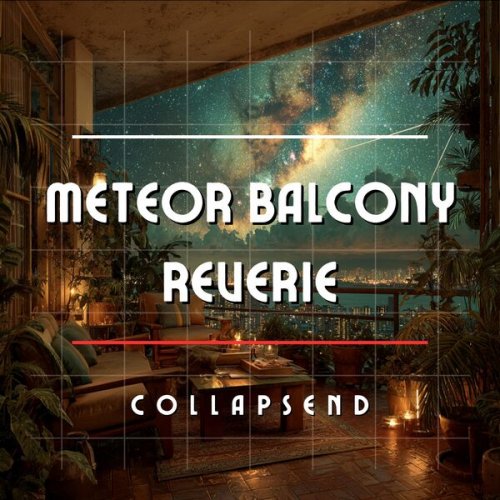
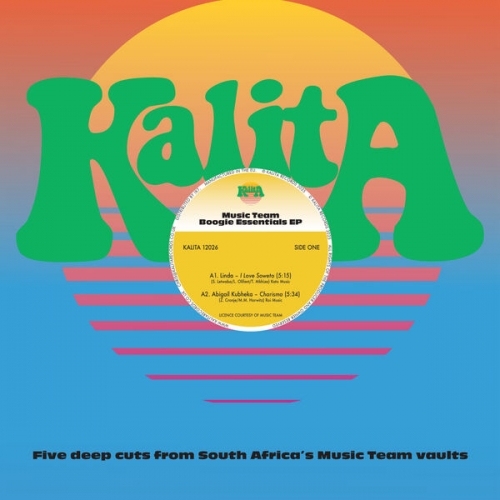

![Fabiano do Nascimento - Vila (2026) [Hi-Res] Fabiano do Nascimento - Vila (2026) [Hi-Res]](https://img.israbox.com/img/2026-02/26/o4t38f6qf24pvc3bqzanbhsz3.jpg)

